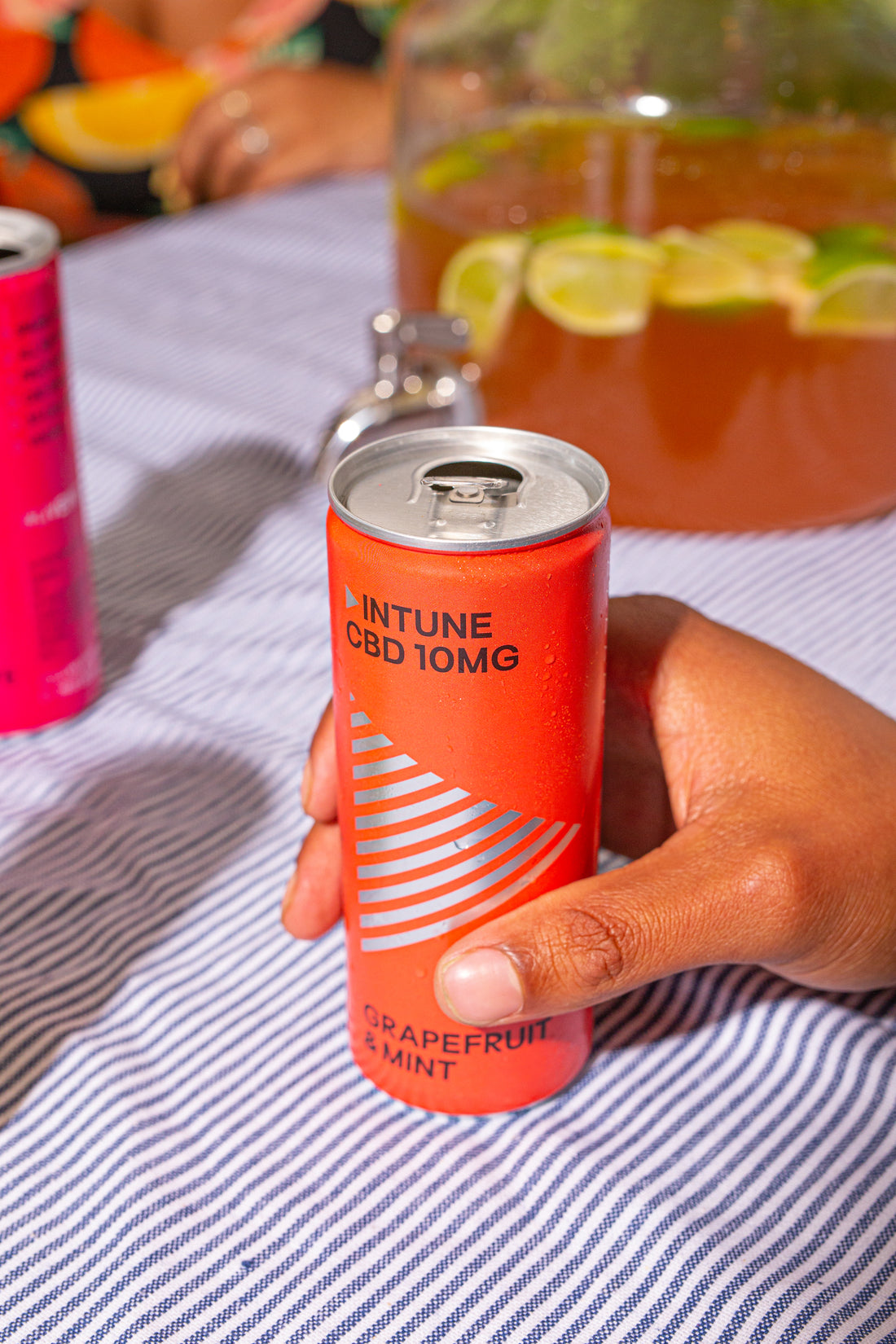
CBD vs THC: What are the differences?
Cannabidiol (CBD) and Tetrahydrocannabinol (THC) are two of the most well-known compounds derived from the hemp, or cannabis, plant. While both are cannabinoids, they have very different effects on your body and mind. In this blog post, we'll explore the differences between CBD and THC, including their chemical makeup, effects on the body, and legality.
Chemical Makeup
CBD and THC are chemically identical (21 carbon atoms, 30 hydrogen atoms, and 2 oxygen atoms) but differ in their arrangement. To get nerdy, THC has a cyclic ring, while CBD does not. This difference in structure is what produces their different effects on the body - making THC produce psychoactive effects, while CBD creates feelings of balance, focus and calm.
Effects on the Body
THC is the psychoactive compound in cannabis, responsible for the "high" that people experience. It binds to certain receptors in the brain, causing a release of dopamine, the “feel-good” neurotransmitter. Dopamine makes you feel euphoric, relaxed and can create a sense of altered reality.
CBD, on the other hand, does not make you “high”. Instead, it interacts with the body's endocannabinoid system, which impacts mood regulation, appetite, sleep, and your immune system. It also interacts with some other receptors in the body such as serotonin, which regulates mood, and vanilloid, which regulates pain perception.
Medical Benefits
While THC is mainly used for its recreational effects, it also has medicinal properties. It is sometimes used to treat nausea in patients receiving chemotherapy as well as helping to stimulate appetite in HIV and AIDS patients. It can also help with chronic pain.
CBD, on the other hand, has a wide variety of positive benefits. It’s been shown to be effective in treating stress and anxiety, sleeping problems and also has anti-inflammation properties, making it a popular choice for those suffering from injuries (read more..). As well as this, studies suggest it has positive effects for epilepsy patients and for treating chronic pain.
Legality
THC is the illegal component of the hemp plant which makes you high, whereas CBD can’t get you high and rather promotes feelings of calm and focus. The legal volume of THC in CBD products is capped at 0.2%. In the UK, CBD is currently going through regulation with the Food Standards Organisation (FSA), however a small number of businesses, such as ours, have been given advanced certification to trade.
In addition, according to the World Health Organisation, CBD is a safe recreational and medicinal ingredient that is not addictive.
Side Effects
THC can cause a range of nasty side effects, such as paranoia, increased heart rate or impaired memory and concentration. It can also be addictive - meaning that you can develop a dependency for it.
Whereas, CBD has very few side effects and, importantly, is not addictive. Side effects you may experience are changes in appetite or weight, diarrhea or fatigue. However, we believe that if you take the right dose in the right form, you will happily experience all of the benefits, without serious side effects. Read more..
In summary, while CBD and THC are both cannabinoids found in the cannabis plant, they have very different effects on the body and mind. THC is psychoactive and produces a sense of euphoria, while CBD does not produce a psychoactive effect and has a wide range of medical benefits. The legality of these compounds varies by country and state, and THC can cause a range of side effects, while CBD is generally well-tolerated.
In conclusion, while both CBD and THC are cannabinoids found in the cannabis plant, their impacts on the body and mind are extremely different. While CBD does not have a psychoactive impact and has several medical advantages, THC is psychoactive and causes an altered state of euphoria. The legality of these substances varies by nation and state, and while CBD is frequently tolerated, THC can have a variety of negative side effects, primarily addiction.
